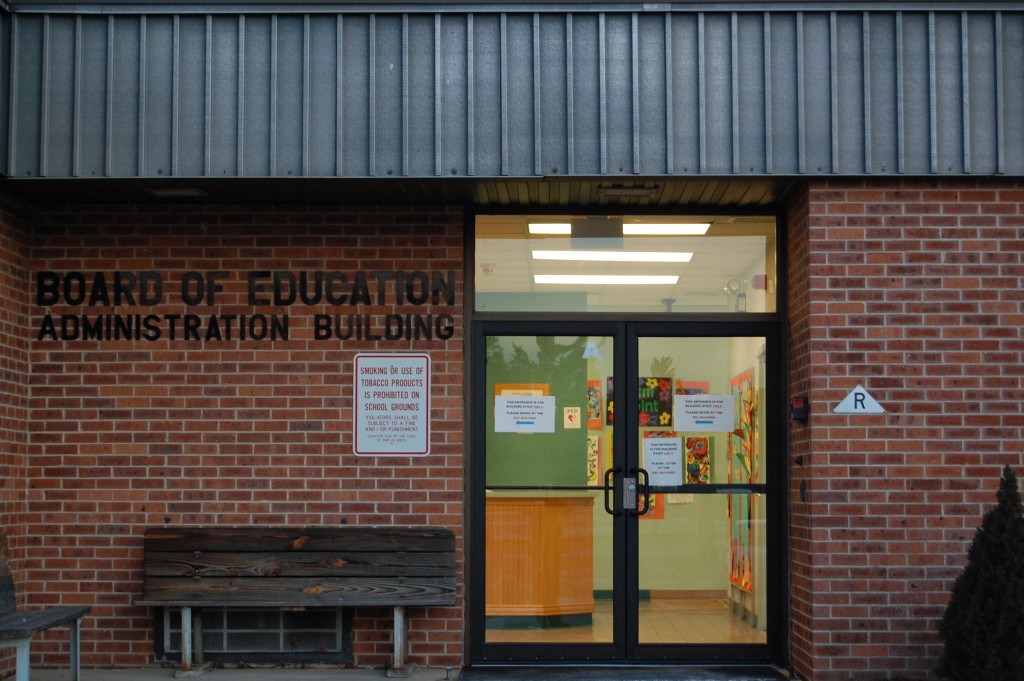Brick Township’s school district will lose more than $4.5 million in state funding, on top of the more than $2 million that was cut this year, for the 2020-21 school year. The seven-year path to a permanent $23 million funding cut is forcing Brick school officials to consider staffing cuts, higher class sizes and potential school closures – but there could also be higher taxes on the way.
Brick already must increase its tax rate by the state-maximum of 2 percent every year for seven years, but even at the maximum, there will still be a gap of millions of dollars between Brick’s tax rate and the level of taxation at which the state believes residents should pay to fully fund their schools. In Jersey City, the state allowed the municipal government, at its discretion, to impose a wage tax on all employers in the city. Recently, there have been rumblings from Trenton that similar tax-hike measures could be proposed as remedies to funding crises in districts like Brick that have had its state funding slashed.
“From the few conversations that I have had, I think that they’re looking at avenues to assist us,” said Board of Education President Stephanie Wohlrab, who works closely with state legislators in her capacity as a professional Democratic political fundraiser. “Some concern me greatly because I think we’re a state where we’re taxed a lot.”
|
|
One resident who spoke at the meeting said she was in favor of a Jersey City-style payroll tax being adopted in Brick.
“There are tons of businesses in Brick and they benefit from all of us shopping there,” said Cindy Cory, suggesting perhaps a 0.5 percent tax rate, as opposed to Jersey City’s 1 percent tax.
As of now, it is legally impossible for Brick to impose such a tax, even if official favored it. Jersey City’s ability to tax employers was built into S-2, the state Senate bill that authorized the school funding cuts. The limitation of the tax to one large city was likely for a reason, said Mayor John Ducey.
“They have Cantor Fitzgerald, whereas we have a lot of mom-and-pops,” he said, referring to the financial services firm. “It’s something to keep an eye on, but I think they were targeting it toward large companies.”
In Jersey City, every company that earns more than $2,500 per year is taxed at 1 percent of its annual payroll for services rendered in the city or supervised from the city. It is not a withholding tax, meaning business owners are directly subject to paying it. The wages of city residents are exempt – meaning only out-of-town workers’ salaries count towards the city.
The tax was unanimously approved by the Jersey City council last November.
A lawsuit is currently pending to overturn the tax as unconstitutional. It gained overwhelming support from Jersey City residents and workers, but tax watchdog groups generally opposed it.
“The added costs will force some business to either shut down or leave the area as doing business in Jersey City becomes unprofitable,” American for Tax Reform said in a statement. “Some employers may lay off employees in an attempt to cut costs.”
Rumors from the statehouse have also suggested legislators are considering lifting all or part of the 2 percent cap for districts that lost school funding, though that expense would be borne directly by local property owners.
As for how the state will attempt to solve the crisis in Brick, Toms River and similar communities: “Anything’s possible,” said Wohlrab.

Advertisement

Police, Fire & Courts
South Toms River Man Charged in Violent Murder of Wife










